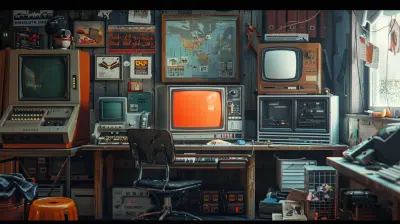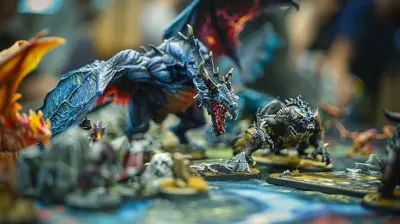Mastering the Fantasy: Voice Acting in Medieval and Sci-Fi Games
9 September 2025
Picture this: you're traversing the rugged, fog-laden mountains of a medieval kingdom, a broadsword strapped to your side. Suddenly, an NPC (non-playable character) stops you with a warning. His voice is so gravelly and full of dread that you can almost smell his fear. Fast forward to a futuristic sci-fi world—you're piloting a starship when the AI assistant in your cockpit warns of incoming enemy fire with a sharp, calculated tone. Chilling, right?
What ties these two totally different scenarios together? Voice acting. It's the secret sauce that makes these virtual worlds feel alive. In this article, we're diving headfirst into the craft of voice acting in medieval and sci-fi games. From knights and sorcerers to androids and aliens, let's break down how these voices shape the way we connect with these fantastical realms.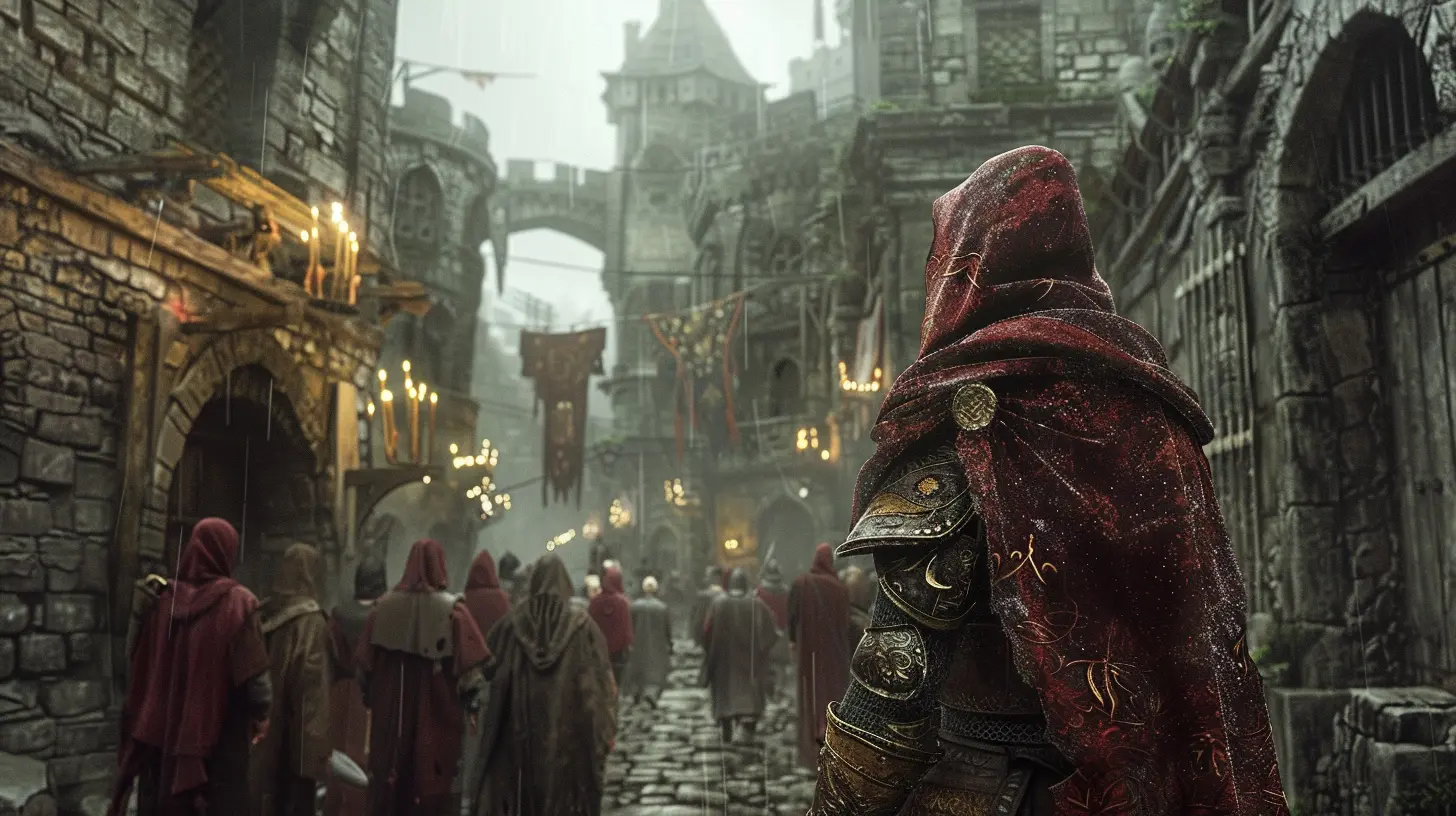
Why Is Voice Acting So Important in Games?
Alright, let's get one thing straight: voice acting can make or break a game. You could have a killer plot, stunning visuals, and flawless gameplay, but if the voice acting falls flat, it’s like watching a Shakespearean play performed by your monotone middle school history teacher. Ouch.Voice acting adds a layer of realism that draws players deeper into the narrative. It’s the bridge between the player and the characters they interact with. Without it, characters risk feeling like animated mannequins. Dialogue should feel natural and emotionally loaded—whether it's the desperate pleas of a knight begging for mercy or the icy monotone of an AI giving you a cryptic warning. Each voice is a puzzle piece that fits into the game world’s story.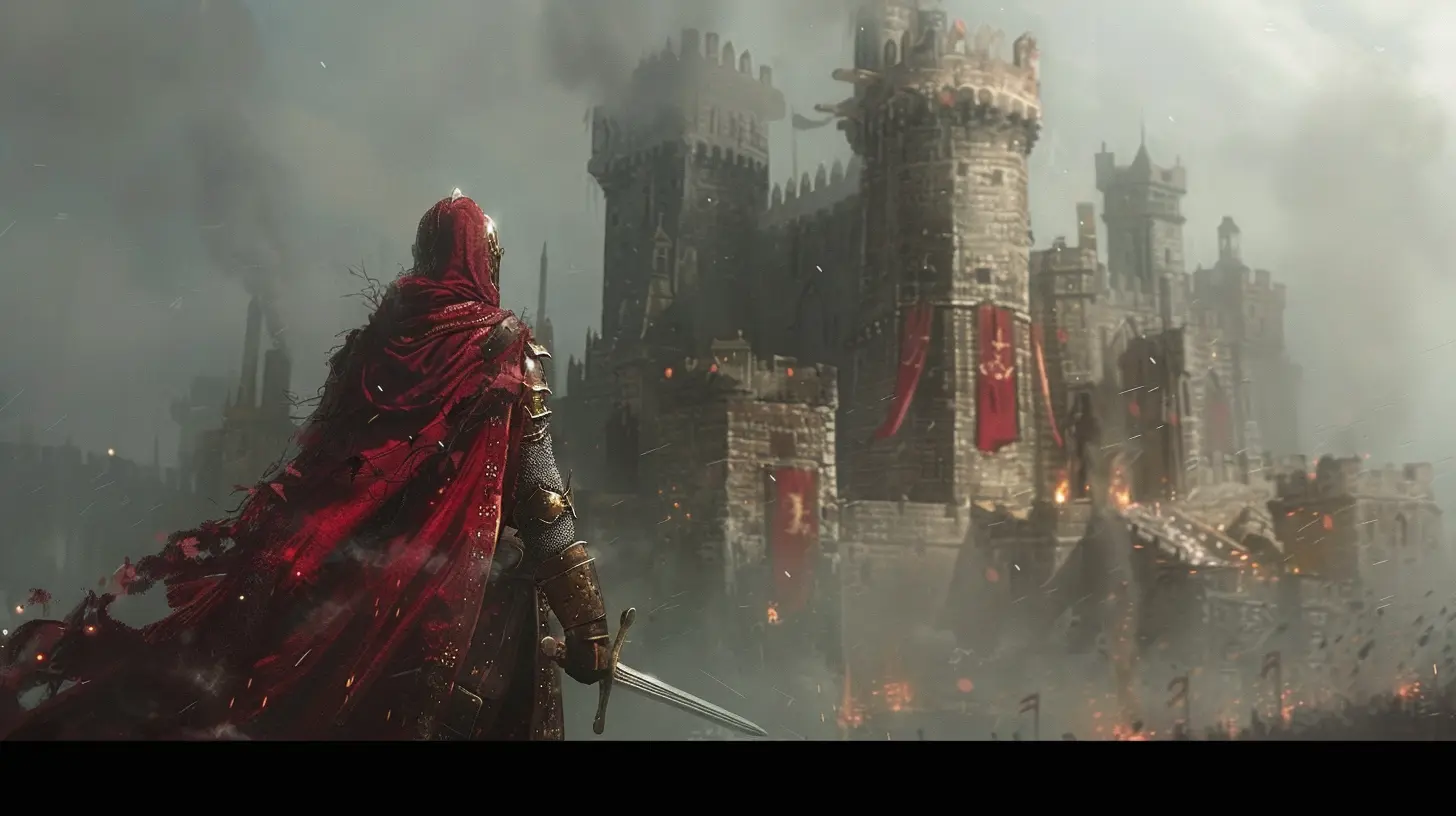
Voice Acting in Medieval Games: The Art of Ye Olde Speech
1. Nailing the Medieval Atmosphere
Medieval games are dripping with atmosphere—think goblets of mead, clinking armor, and torch-lit castles. To sound authentic, characters in these worlds need to speak like they just stepped out of an ancient manuscript. But here's the catch: they also need to be understandable to modern players. We’re not trying to decipher Chaucer here.Voice actors in medieval settings often adopt a formal tone peppered with archaic slang like "thee," "thou," and "hither." And let’s not forget the accents—typically British, because when has "medieval" not translated to British in our heads? (Thanks, Hollywood.) A knight declaring, “Forsooth, I shall vanquish thee!” just hits differently than “Dude, I’m gonna wreck you.”
2. Adding Layers to Characters
In medieval games, the stakes are high—wars, plagues, vendettas, you name it. Voice actors bring all of that drama to the table. The grizzled soldier who’s seen too many battles might have a gravelly, weary voice that sounds like he gargles nails for breakfast. A princess locked in a tower? Soft, hopeful, but maybe with a hint of defiance.Then there’s the magic. Wizards and sorceresses tend to have this theatrical, almost mystical vibe to their voices. Imagine Gandalf crossed with your eccentric uncle who talks about the stars aligning. Players should feel the arcane energy dripping from their words.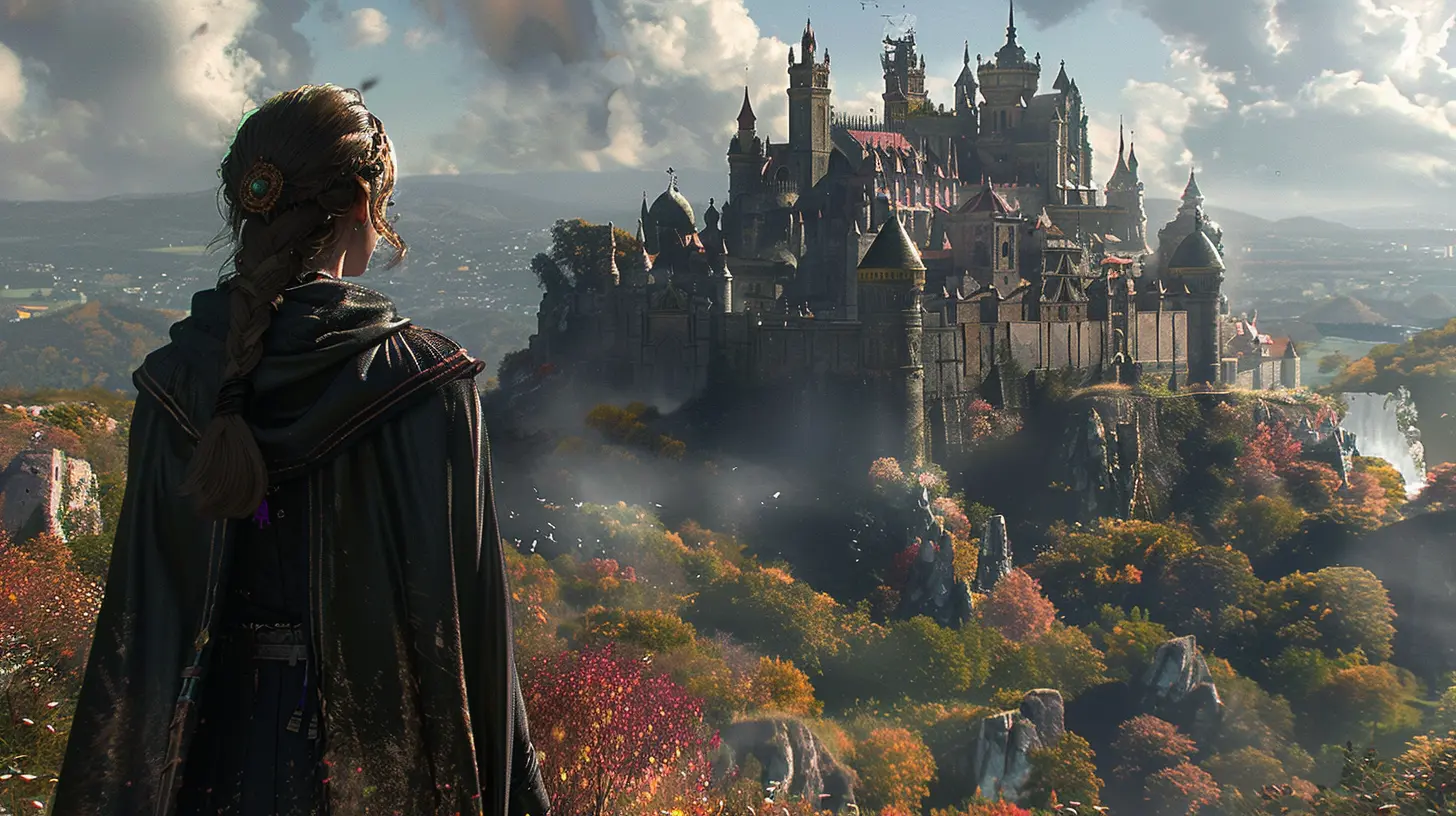
Voice Acting in Sci-Fi Games: Beam Me Up, Voice Talent!
1. The Intrigue of Futuristic Speech
Now, let’s blast off to the future! Sci-fi games often feature a mix of human and non-human characters, which means voice actors have free rein to get creative. New accents, robotic filters, alien sounds—you name it, sci-fi embraces it.AI characters, for instance, often have a flat, measured tone that still somehow carries hints of emotion, like Siri having a bad day. Aliens, on the other hand, might have guttural growls, clicks, or even musical intonations, depending on the species. The goal? Make them sound unique but relatable enough for players to connect with them emotionally.
2. Balancing the Human and the Otherworldly
Voice acting in sci-fi games walks a tightrope between the familiar and the bizarre. Take, for example, a starship captain giving orders during battle. Their voice needs to exude authority while still showing flashes of vulnerability because, hey, space battles are stressful. Conversely, a cyborg bounty hunter might have a voice that’s half-human, half-machine—gritty with a touch of metallic distortion.These characters feel alive because their voices capture their inner struggles and quirks. A robotic assassin might glitch when emotionally compromised, or an alien diplomat might stutter on human words. These little details breathe life into the characters and make the galaxy feel vast and diverse.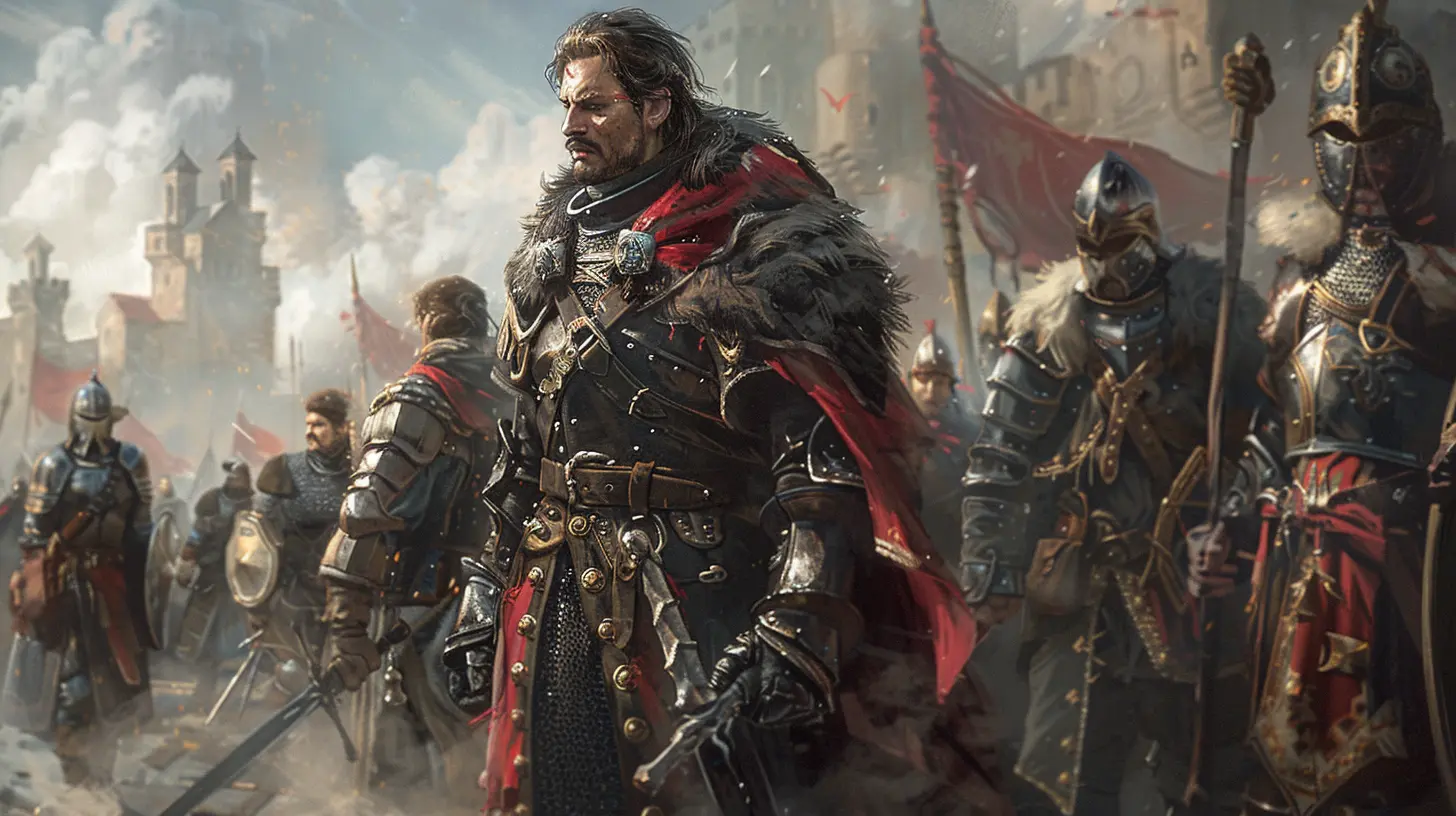
What Makes a Great Voice Actor for Games?
1. Versatility is Key
The best voice actors can jump from playing a cranky medieval innkeeper to a futuristic AI with ease. They adapt their tone, accent, and delivery while staying true to the character's personality. It’s like being a vocal chameleon.2. Emotional Depth
Great voice actors dig deep. They laugh, cry, yell, and whisper, all while staying in character. Players might not see their faces, but they can feel the raw emotion in every line. That “death rattle” from a fallen ally? It’s got to hit you right in the gut.3. Improvisation Skills
Sometimes, the best moments in games are unscripted. A voice actor who can throw in a perfectly timed grunt, sigh, or chuckle can turn a bland line into a memorable one. It’s these unscripted bits that make characters feel human—or alien, as the case may be.Challenges of Voice Acting for Medieval and Sci-Fi Genres
1. The Accents Conundrum
Medieval accents need to match the fantasy setting without veering into unintentional comedy. And for sci-fi? Creating believable alien languages or tech-speak without sounding like a garbled mess is no easy feat.2. Managing Miscommunication
In voice-over sessions, actors typically don’t get the full script or context for their lines. They record in isolation with little to no knowledge of how their dialogue fits into the larger story. It’s like being handed a single puzzle piece and being told to “make it amazing.”3. Pushing Physical Limits
Ever tried yelling in character for hours on end? Voice acting is physically exhausting, especially for roles involving a lot of screaming (battle cries, anyone?), growling (monsters, anyone?), or raspy whispers (villains, anyone?).The Future of Voice Acting in Games
Game developers are leaning into tech like AI and machine learning to assist voice acting, but don’t panic—human talent isn’t going anywhere. Gamers still crave that human touch, the nuances and imperfections that only a real person can bring to a role. If anything, tech will just add more tools to the toolbox, allowing voice actors to expand their range even further.Final Thoughts: Why We Care
Voice acting isn’t just about reading lines into a mic. It’s an art form that gives soul to characters and breathes life into the worlds we escape into. Whether you’re battling dragons in a medieval epic or navigating hyperspace in a sci-fi adventure, a great voice performance makes all the difference. So next time you're saving the universe or liberating a kingdom, take a moment to appreciate the voices behind the magic. After all, they’re the unsung heroes of our favorite games.all images in this post were generated using AI tools
Category:
Voice Acting In GamesAuthor:

Tayla Warner
Discussion
rate this article
1 comments
Rook McKay
Voice acting is the soul of storytelling in gaming! It transports us to fantastical realms and distant galaxies, breathing life into characters and worlds. Embrace the magic of voice—it's the heartbeat of our adventures!
September 10, 2025 at 4:24 AM

Tayla Warner
Absolutely! Voice acting truly elevates the immersive experience in both medieval and sci-fi games, making characters and stories resonate on a deeper level. It's essential for creating unforgettable adventures!
